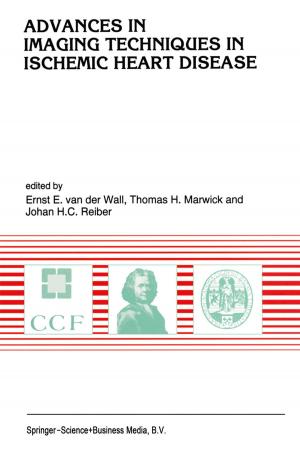Handbook of Children’s Literacy
Nonfiction, Reference & Language, Language Arts, Linguistics, Education & Teaching| Author: | ISBN: | 9789401717311 | |
| Publisher: | Springer Netherlands | Publication: | March 9, 2013 |
| Imprint: | Springer | Language: | English |
| Author: | |
| ISBN: | 9789401717311 |
| Publisher: | Springer Netherlands |
| Publication: | March 9, 2013 |
| Imprint: | Springer |
| Language: | English |
PETER BRYANT & TEREZINHA NUNES The time that it takes children to learn to read varies greatly between different orthographies, as the chapter by Sprenger-Charolles clearly shows, and so do the difficulties that they encounter in learning about their own orthography. Nevertheless most people, who have the chance to learn to read, do in the end read well enough, even though a large number experience some significant difficulties on the way. Most of them eventually become reasonably efficient spellers too, even though they go on make spelling mistakes (at any rate if they are English speakers) for the rest of their lives. So, the majority of humans plainly does have intellectual resources that are needed for reading and writing, but it does not always find these resources easy to marshal. What are these resources? Do any of them have to be acquired? Do different orthographies make quite different demands on the intellect? Do people differ significantly from each other in the strength and accessibility of these resources? If they do, are these differences an important factor in determining children's success in learning to read and write? These are the main questions that the different chapters in this section on Basic Processes set out to answer.
PETER BRYANT & TEREZINHA NUNES The time that it takes children to learn to read varies greatly between different orthographies, as the chapter by Sprenger-Charolles clearly shows, and so do the difficulties that they encounter in learning about their own orthography. Nevertheless most people, who have the chance to learn to read, do in the end read well enough, even though a large number experience some significant difficulties on the way. Most of them eventually become reasonably efficient spellers too, even though they go on make spelling mistakes (at any rate if they are English speakers) for the rest of their lives. So, the majority of humans plainly does have intellectual resources that are needed for reading and writing, but it does not always find these resources easy to marshal. What are these resources? Do any of them have to be acquired? Do different orthographies make quite different demands on the intellect? Do people differ significantly from each other in the strength and accessibility of these resources? If they do, are these differences an important factor in determining children's success in learning to read and write? These are the main questions that the different chapters in this section on Basic Processes set out to answer.















